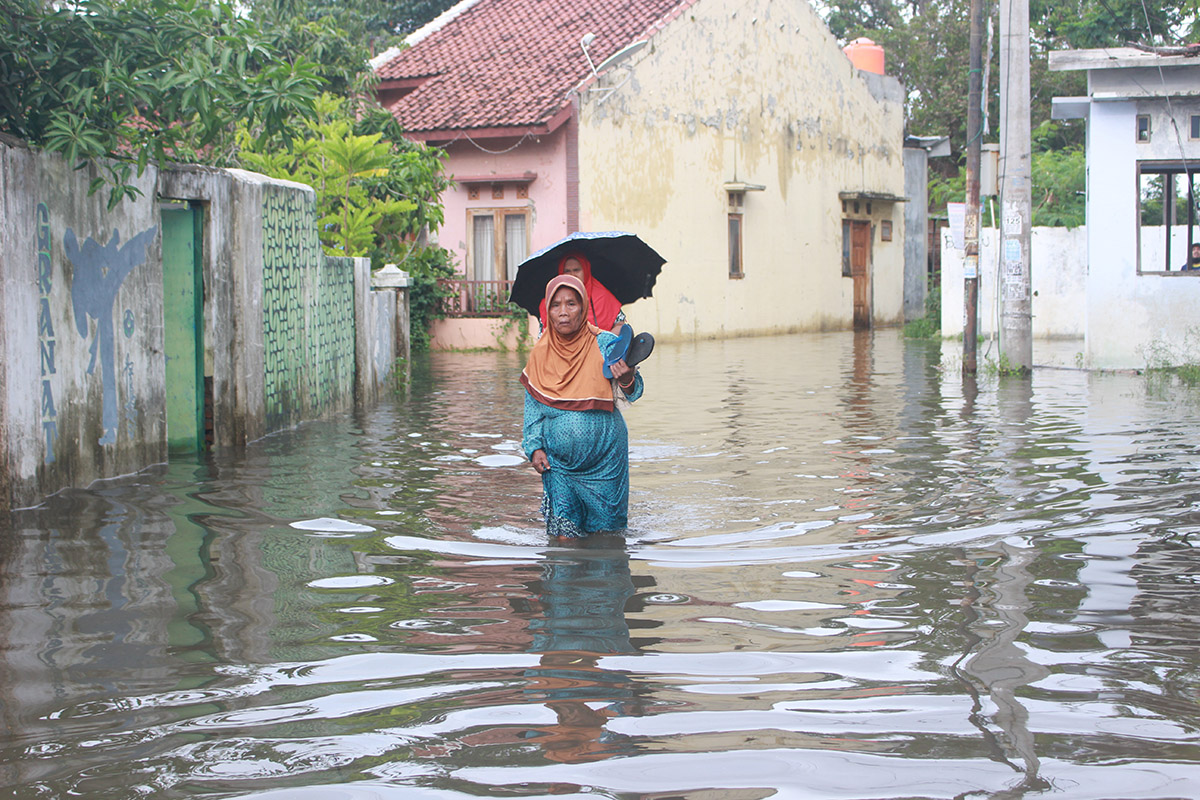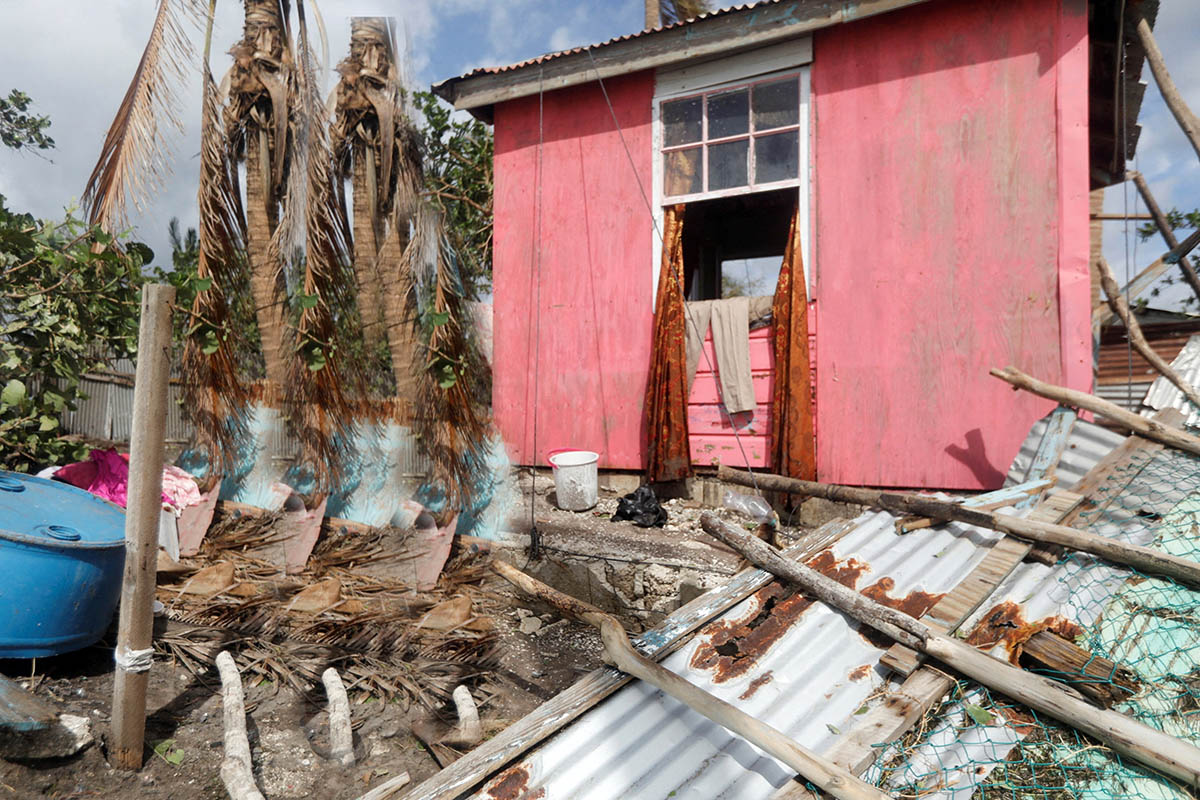"My financial predicament teaches some lessons"
January 9 Malaysia is struggling with increasing cost of living, writes Geetha Kanniah, 18, a Commonwealth Correspondent from Malaysia, as she looks at how oil prices and taxes have far-reaching impact on the economy.
Malaysia is struggling with increasing cost of living, writes Geetha Kanniah, 18, a Commonwealth Correspondent from Malaysia, as she looks at how oil prices and taxes have far-reaching impact on the economy.
Here’s my financial predicament – as a college student, my parents give me RM50.00 (USD 14) every two weeks, mainly for food and supplies. I try to stretch the dollar as much as I can, but I do treat myself to a cup of coffee every now and then. I’ve seen how the coffee went from RM2.50 at the local hawker shop to RM8 at a cafe and now to RM15 at an upscale coffee house. Overpriced, yes, but this is reality.
I am constantly reminded that prices are going up; I hear my parents complain, friends skipping meals and customers putting things back on the shelf out of sheer deficit of money. Is this what our lives have come to – not being able to afford the things we yearn for?
So, given the daily struggles that we put up with, where are the heroes, the protagonist of the story – the officials? I don’t see them. I’m sure they’re trying their hardest to control the situation by implementing trade, getting investors, etc., but to the layman, he doesn’t see the shining knights – instead feels the result of poor efforts.
One of the reasons that money is a struggle for us is that the price of oil is higher than the world oil index. It’s ironic because we are a petroleum producing country, yet we pay more than others. Only recently the government decided to reduce the price on a monthly basis, but the people are not happy with the slow reduction. Because of the high petrol price, transportation cost is also high, which affects pricing of goods for the worse. Thus, nothing is cheap any more.
But that shouldn’t be the way. Natural resources belong to the nation and so, theoretically, oil should be sold to the people at production cost (or at a fraction above) and not at a huge profit that would benefit a single company. However, a single monopolizing government-linked company has taken control. If oil were sold at a much lower price, it would give a better pricing structure to goods and services, instead of the inflated prices.
The latest Goods and Services Tax (GST) that has been introduced has been promised not to affect the prices of things, especially bare necessities. But a lot of people feel they can’t depend on that assurance because of the impact on the chain of distribution and the concept of demand and supply. For example, because fertiliser is not a bare necessity, GST applied to it will definitely increase its price. So, the farmer who buys the now-expensive fertiliser will increase the price of sugar cane, making the distributors of the final product, processed sugar, increase their price. What happens now? The family that walks into the shop to buy sugar has to pay a dollar more. It seems like a small difference now but the ripple effect on other high-demand goods with sugar in them would collectively make the difference huge. As it is, Malaysia is a third-world country and with our declining currency, how are those in rural areas – the lower income earners – going to survive in this still developing nation? Obviously pricing control will be a problem to be dealt with as a repercussion of the GST. Hopefully it doesn’t backfire.
Housing is also a huge problem in Malaysia because of the steep price. We pay as much as Singaporeans (without currency conversion) in urban areas, but our land is so much bigger and our wage is so much lower. Our cost of living is equal to Singapore standards when we aren’t even as developed as they are. It’s become a seller’s market here as they now control the exorbitant prices of property. This is happening because development is centralised to Kuala Lumpur and immediate surroundings. To the middle income earners anywhere near house ownership is a nightmare. Singapore is a geographically smaller country, naturally making property harder to get. On the other hand, Malaysia is huge and we have land and resources for expansion. If development were balanced and widespread with proper management, pricing wouldn’t be as much of an issue. People would have it a lot easier with bank repayments and life would be better.
If prices continue to steep up, people will have a tough time sustaining themselves. It would cause Malaysia to lag behind as we head for drastic inflation. The people will lose out in quality of life and will not be able to hold territory among developed nations. But if we rebound now and have a better grip over the country’s finances, our foundation will be stable and solid enough to thrive in the world economy, and the people will strive forward.
photo credit: Sham Hardy via photopin cc
…………………………………………………………………………………………………………………
About me:
I am a Malaysian who looks for adventure and thrill, and is passionate about sports. I enjoy tennis, swimming, badminton and most recently, longboarding. I also spend a lot of my time with my camera, capturing as much as I can, while documenting them on my blog: journeywithacamera.wordpress.com.
My travels give me the exposure to learn about the world. And to know and do more, I volunteer with different organizations, particularly in the marine field. My ambition is to be an explorer and to reach out to people.
…………………………………………………………………………………………………………………
Opinions expressed in this article are those of the author and do not necessarily represent the views of the Commonwealth Youth Programme. Articles are published in a spirit of dialogue, respect and understanding. If you disagree, why not submit a response?
To learn more about becoming a Commonwealth Correspondent please visit: http://www.yourcommonwealth.org/submit-articles/commonwealthcorrespondents/
…………………………………………………………………………………………………………………




